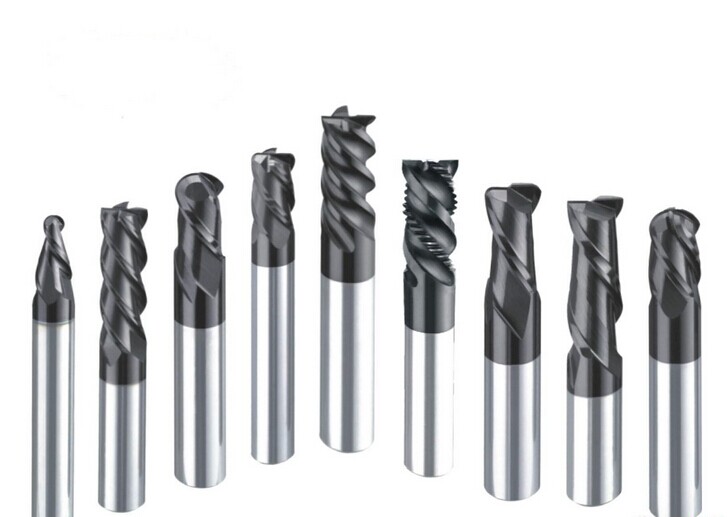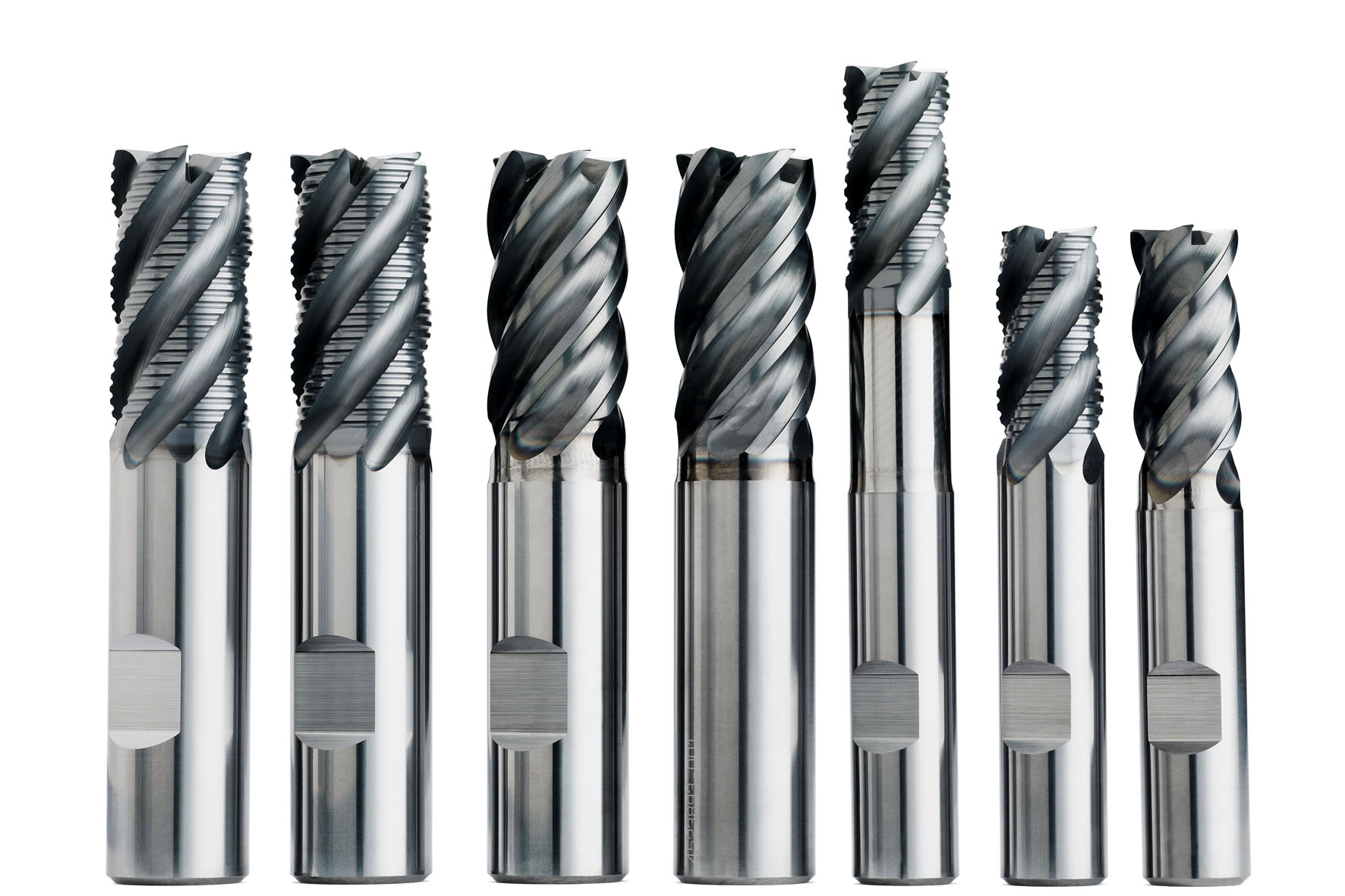Milling tools are the cornerstone of CNC machining, enabling precise shaping of materials like metal, plastic, and composites. With 2025 ushering in new advancements in tool technology, selecting the right milling tools for your CNC projects is critical for achieving high-quality results and maximizing efficiency. Whether you’re a seasoned machinist or a DIY enthusiast setting up a home workshop, understanding the types, applications, and selection criteria for milling tools can elevate your work. This article explores how to choose the best milling tools for your CNC projects, key considerations for tool selection, and emerging trends to watch in 2025.
Choosing the right milling tools directly impacts the precision, speed, and quality of your CNC projects. The wrong tool can lead to poor surface finishes, excessive wear, or even damage to your CNC machine. According to a 2023 study in the International Journal of Advanced Manufacturing Technology, proper tool selection can improve machining efficiency by up to 20% [1]. For CNC applications, where accuracy and repeatability are paramount, tools like end mills, milling cutters, and drill mills must be matched to the material and task at hand.
Factors such as tool material, geometry, and compatibility with your CNC machine play a significant role. For instance, solid carbide milling tools are ideal for high-speed machining of tough materials, while milling bits designed for softer materials like acrylic ensure clean cuts without melting. By making informed choices, you can enhance productivity and reduce costs.

CNC machining relies on a variety of milling tools, each tailored to specific tasks. Below, we break down the most essential types for 2025 and their applications.
End mills are among the most versatile milling tools, capable of cutting slots, pockets, and complex 3D contours. Their cutting edges on both the side and end make them ideal for a range of CNC applications. In 2025, solid carbide end mills are a top choice for their durability and ability to handle high-speed machining of metals like aluminum and stainless steel. For specialized tasks, end mills for acrylic feature polished flutes to prevent material buildup, ensuring smooth cuts in plastics.
For budget-conscious machinists, brazed carbide end mills offer a cost-effective alternative with reliable performance. Insert type ball nose cutters are also popular for finishing curved surfaces, making them essential for mold-making and intricate designs.

Milling cutters are designed for specific cuts, from roughing to finishing. For example, slab milling cutters are excellent for removing large amounts of material quickly, ideal for initial shaping in CNC projects. In contrast, ball nose insert cutters provide smooth finishes for contoured surfaces, perfect for aerospace and automotive parts. Understanding the types of milling cutters and their uses helps you select the right tool for your project’s needs.
For metalworking, metal milling bits made from carbide or high-speed steel (HSS) ensure durability and precision. Ceramic reamers are also gaining traction for their ability to handle abrasive materials like composites, offering extended tool life in challenging CNC applications.
Drill mills combine drilling and milling capabilities, making them a versatile choice for CNC projects requiring both hole-making and slotting. CNC mill drill bits are optimized for automated machining, providing precision and efficiency in high-volume production. For ultra-precise tasks, precision boring tools are used to enlarge holes with tight tolerances, a common requirement in industries like medical device manufacturing.
Niche tools like railway sleeper drill bits are designed for specialized applications, such as drilling into composite materials for infrastructure projects. These tools ensure consistent performance in demanding CNC environments.
To choose the right milling tools for your CNC projects, consider the following factors:
Material Compatibility: Match the tool to the workpiece material. Solid carbide milling tools are best for hard metals, while HSS tools suit softer materials like wood or plastic.
Tool Geometry: The shape of the tool affects the cut. Milling cutter types like ball nose insert cutters are ideal for curved surfaces, while flat end mills excel at creating slots.
CNC Machine Compatibility: Ensure your milling bits align with your machine’s spindle speed and power. CNC milling bits are designed for high-speed, automated systems.
Project Requirements: Determine whether you need tools for roughing, finishing, or both. Drill mill tools are great for multi-purpose tasks, while precision boring tools are suited for finishing.
For a comprehensive selection of milling tools for sale, RNK Tools offers options like solid mill cutters and milling cutter bits to meet diverse CNC needs.
The milling tool industry is evolving rapidly, with 2025 introducing innovations that enhance CNC performance. Solid carbide reamers and hard milling end mills are in high demand for their precision and ability to withstand high-speed operations. Advanced coatings, such as polycrystalline diamond (PCD), are extending tool life by reducing friction and wear, especially for abrasive materials [2].
Additionally, high-speed milling is becoming more accessible, with tools like CNC milling bits designed to maintain accuracy at elevated speeds. Smart tools with embedded sensors are also emerging, allowing real-time monitoring of cutting conditions to optimize performance and prevent tool failure. These trends make 2025 an exciting year for CNC machinists.
Q: What are the benefits of carbide cutting tools?
A: Carbide cutting tools, like solid carbide end mills, offer superior hardness, heat resistance, and durability, making them ideal for high-speed CNC machining of tough materials like steel and titanium.
Q: Can you explain how to use an end mill cutter?
A: To use an end mill cutter, secure it in the CNC machine’s spindle, set the appropriate speed and feed rate based on the material, and program the tool path for cutting slots, pockets, or contours. Ensure proper cooling to extend tool life.
Q: How accurate are milling machines?
A: CNC milling machines can achieve tolerances as tight as ±0.001 inches, depending on the machine and milling tools used, making them suitable for precision applications like aerospace.
Q: What is the difference between a lathe, mill, and drill?
A: A lathe rotates the workpiece against a stationary tool for cylindrical shapes, a mill uses a rotating tool like an end mill to shape flat or contoured surfaces, and a drill creates holes with a rotating bit.
Selecting the right milling tools for your CNC projects in 2025 is essential for achieving precision, efficiency, and high-quality results. From versatile end mills to specialized milling cutters and drill mills, understanding their applications and matching them to your material and machine ensures optimal performance. By staying informed about trends like advanced coatings and smart tools, you can future-proof your CNC setup. Explore the wide range of milling tools for sale at RNK Tools to find the perfect tools for your next project.
References:
[1]. Wikipedia. (2023). "Milling (machining)." https://en.wikipedia.org/wiki/Milling_(machining)
[2]. Lee, S., et al. (2024). "Next-generation coatings for CNC milling tools." International Journal of Advanced Manufacturing Technology, 130(5), 2145–2156.
[3]. Manufacturing Technology Insights. (2025). "Innovations in CNC milling for 2025." https://www.manufacturingtechnologyinsights.com/